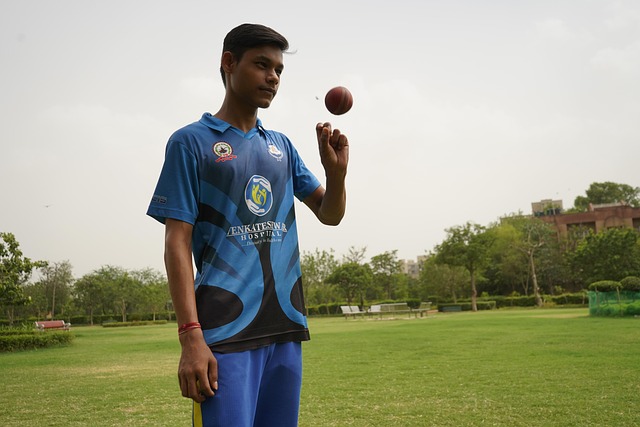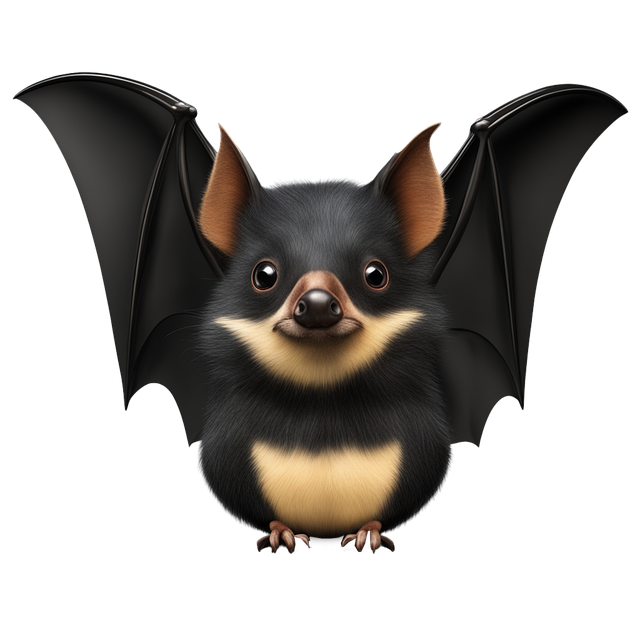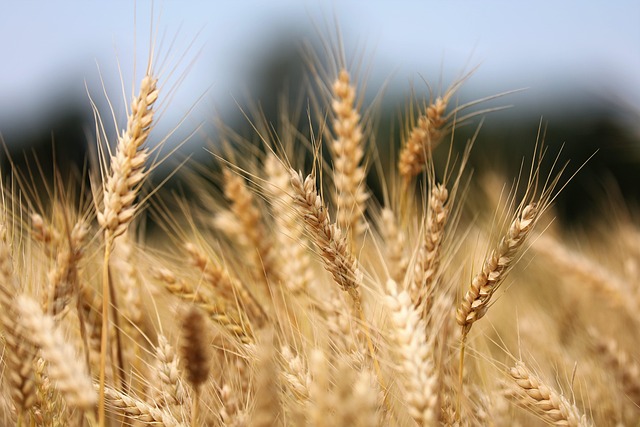Scouting is essential for effective baseball training programs, allowing coaches to create personalized plans based on player performance data. The Oregon Ducks baseball program utilizes comprehensive scouting to identify and develop talent, focusing on skills like agility, arm strength, and mental acuity. This process involves structured observation to understand individual strengths and weaknesses, leading to tailored training that enhances both athletic and life skills. Athletes preparing for Ducks scouting sessions should focus on skill revision, physical conditioning, and mental preparation. Post-scouting, the program offers advanced analytics and expert evaluations to craft personalized development strategies, incorporating structured practices and feedback, ultimately cultivating a robust pipeline of exceptional baseball talent.
“Unleash your potential with Ducks baseball’s scouting program—a pivotal component of our elite baseball training. This article delves into the intricate world of scouting, exploring its purpose in nurturing young talent. We dissect the roles of scouts and the critical skills they assess, from pitching precision to batting agility.
Learn how our process benefits players, offering valuable insights for development. Discover expert tips for athletes preparing for their scouting session and post-analysis strategies that drive growth. Uncover the secrets to excelling in baseball training programs.”
- Understanding the Purpose of Scouting in Baseball Training Programs
- The Role of Scouts in Evaluating Young Players
- Key Skills Scouted During Duck's Baseball Program
- Benefits of Participating in Duck's Scouting Process
- Preparing for the Scouting Session: Tips for Athletes
- Post-Scouting Analysis and Player Development Strategies
Understanding the Purpose of Scouting in Baseball Training Programs

Scouting plays a pivotal role in enhancing the effectiveness of baseball training programs. It involves meticulously observing and evaluating players’ skills, strengths, and areas for improvement during practice sessions and games. By gathering this data, coaches can tailor their instruction to meet individual needs, ensuring that every player receives personalized guidance to reach their full potential.
Moreover, scouting helps in identifying key performance indicators (KPIs) and setting achievable goals for players. This strategic approach not only fosters a culture of continuous improvement but also encourages players to set their own aspirations. In baseball training programs, scouting is an essential tool that enables coaches to create dynamic and targeted practice plans, ultimately contributing to the overall success and development of young athletes.
The Role of Scouts in Evaluating Young Players

In the realm of baseball training programs, scouts play a pivotal role in identifying and evaluating young talent. These skilled observers are the eyes and ears of the Ducks baseball organization, meticulously scrutinizing players’ skills during tryouts and games. Their expertise lies in assessing raw potential, pinpointing strengths, and uncovering areas for improvement among aspiring athletes.
Scouts employ a multifaceted approach, considering not just athletic abilities but also mental toughness, work ethic, and team dynamics. By observing players in various scenarios, they contribute significantly to shaping the future of the program. Their insights guide coaching staff in tailoring training regimens, ensuring that each young player receives personalized guidance to reach their maximum capabilities within the Ducks baseball community.
Key Skills Scouted During Duck's Baseball Program

The Oregon Ducks baseball program is renowned for its comprehensive scouting and player development, focusing on a range of critical skills that contribute to success on the field. Beyond technical abilities like hitting, pitching, and fielding, the program prioritizes assessing players’ athletic potential, mental fortitude, and overall character. This holistic approach ensures that prospects not only have the necessary tools but also the drive and discipline to excel in competitive college baseball.
Key skills sought after by the Ducks include agility and footwork, crucial for navigating the base paths quickly and efficiently; arm strength and control, essential for both pitching accuracy and defensive coverage; and bat speed and contact ability, indicators of a player’s potential to consistently make solid hits. Additionally, mental acuity during games is highly valued, as well as leadership qualities that can foster teamwork and drive within the team dynamic.
Benefits of Participating in Duck's Scouting Process

Scouting in Ducks baseball program offers a multitude of benefits for young athletes, acting as a robust foundation for their growth both on and off the field. Through structured observation and assessment, the scouting process identifies individual strengths and weaknesses, allowing tailored baseball training programs to be designed. This personalized approach ensures that each player’s unique skill set is optimized, fostering a more comprehensive development experience.
Furthermore, being part of this process cultivates essential life skills like discipline, resilience, and perseverance. Players learn to set goals, work towards them with dedication, and adapt to feedback – all valuable traits beyond the baseball diamond. It encourages a growth mindset, where challenges are seen as opportunities for improvement, preparing athletes for the rigors of competitive sports and shaping their character in meaningful ways.
Preparing for the Scouting Session: Tips for Athletes

Before stepping into a scouting session, athletes in Ducks baseball training programs should prepare themselves both physically and mentally. Start by reviewing your skills and understanding what aspects of your game scouts are most likely to assess – hitting, pitching, fielding, or a combination. Practice these areas until you feel confident and comfortable performing them under pressure.
Ensure you’re in peak physical condition leading up to the session. This includes regular conditioning, strengthening exercises for relevant muscle groups, and enough rest to avoid fatigue. Dress appropriately for the weather and be prepared to showcase your athletic abilities. Mentally, visualize yourself excelling during the evaluation to boost confidence and reduce performance anxiety.
Post-Scouting Analysis and Player Development Strategies

After an intensive scouting period, the Ducks baseball program embarks on a meticulous post-scouting analysis phase. This process involves breaking down each player’s performance, identifying strengths and weaknesses, and pinpointing areas for improvement. By leveraging advanced analytics and expert evaluations, coaches can tailor personalized development strategies. These strategies focus on enhancing technical skills, refining physical conditioning, and cultivating mental toughness—essential components of elite baseball training programs.
Player development is an ongoing journey, and the Ducks commit to fostering growth beyond scouting. This includes implementing structured practice routines, providing individualized feedback, and organizing competitive simulations to prepare players for higher levels of play. The program’s dedication to post-scouting analysis and strategic player development contributes to creating a robust pipeline for producing top-tier baseball talent, setting the stage for future successes on the field.














